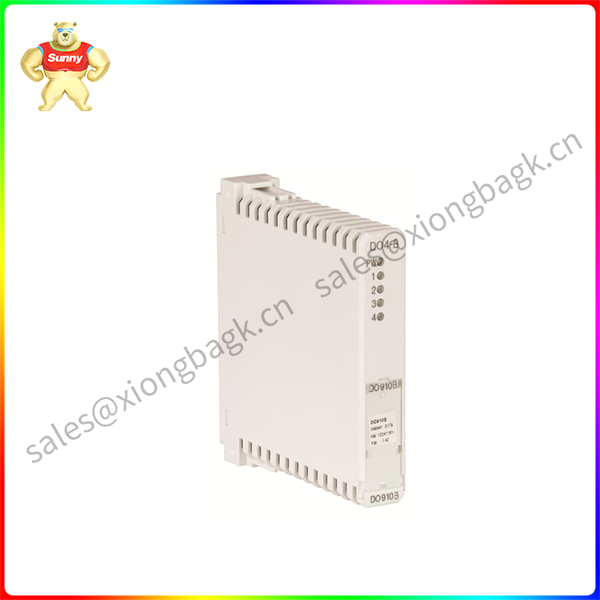Delta, the world’s leading manufacturer of power supplies and energy solutions, announced on January 18, Signed an approximately £43 million hydrogen energy battery stack technology transfer and licensing contract with Ceres Power Limited, a subsidiary of Ceres Power Holdings plc (hereinafter referred to as Ceres), a leading listed company in the UK in fuel cell power generation and hydroelectrolysis hydrogen production technology, to start long-term cooperation. Combined with Delta’s global outstanding power electronics, control, cooling and other key technologies, Delta will develop a complete Solid Oxide Fuel Cell system (SOFC) and Solid Oxide Electrolysis Cell (SOEC), which are expected to start production by the end of 2026. For the global microgrid power generation, chemical, ammonia, energy, transportation vehicles, steel and other related industries to provide high-efficiency fuel cell and water electrolysis hydrogen production solutions.
Delta CEO Zheng Ping said that hydrogen energy has high caloric value, low pollution characteristics, will play an important role in the global net zero emissions transition, in the solid oxide fuel cell power generation, with stable power supply, high efficiency advantages, in addition to improve the microgrid and distributed grid construction, Demand in key facilities such as data centers, semiconductor industries and precision industries will also continue to grow; In the solid oxide hydroelectrolysis hydrogen production, chemical, electric power, steel and other industries are also actively developing the process of replacing fossil raw materials with green hydrogen to reduce carbon emissions. With Ceres’ outstanding solid oxide stack technology combined with Delta’s deep power electronics and heat dissipation technology, we aim to develop fuel cells and hydrogen generation systems with high energy conversion efficiency, further completing Delta’s infrastructure layout and driving the global carbon reduction process with technology.
Phil Caldwell, CEO of Ceres, said: “We are delighted to be working with Delta, which not only has global production capabilities, but also has deep experience in the integration of power electronics technology and low carbon solutions. We believe that 
In addition to licensing key battery stack technologies, Delta will also establish a Net Zero science laboratory at its Tainan campus to develop cutting-edge zero-carbon technologies, including hydrogen energy, and consolidate its research and development capabilities in related applications. With the assistance of Ceres Engineering services, Delta Tainan is expected to complete product development and production line construction in 2024-2026, and start production by the end of 2026. The hydrogen energy system, combined with Delta’s existing microgrid and energy management solutions, will enable customers to create a more resilient low-carbon infrastructure.
Solid oxide battery stack is the new key core technology of hydrogen fuel cell (SOFC) and hydroelectrolysis hydrogen (SOEC). In hydrogen fuel cell application, electricity, water and heat can be generated by the reaction of oxygen with hydrogen or methane, with power generation efficiency up to 60%, and the overall efficiency can be as high as 85% if combined with heat recovery system. Obviously higher than the centralized gas generator set of 40%~50% efficiency; Because the hydrogen fuel cell power generation equipment can be directly built near the place where there is electricity demand, it can avoid the energy consumption of the grid transmission and the power instability factors that are difficult to control during the transmission process, and it is suitable for the facilities that need stable power.
The application of this technology to solid oxide hydroelectrolysis hydrogen production can produce hydrogen through electrolysis of water, and the power consumption is 25% less than other low-temperature hydrogen production technology, if the use of waste heat in the customer’s process can reduce the power consumption by more than 30%, and more water saving; If renewable energy is used for electrolysis, zero-carbon green hydrogen can be produced, which can replace the fossil raw materials used in the steel industry and chemical industry process, effectively reducing carbon emissions. In combination with carbon capture technology, green hydrogen can also be used to produce carbon-neutral synthetic fuels, e-fuels, providing a low-carbon energy option for vehicles, ships, aircraft, etc., that use internal combustion engines.
Headquartered in the United Kingdom, Ceres has invested in hydrogen energy solid oxide battery stack technology for more than 20 years, is an important manufacturer of technology in this field, listed on the London Stock Exchange in 2023, and its business model focuses on technology development and patent licensing. Market research * indicates that global hydrogen demand is estimated to reach 223Mt in 2030 and 630Mt in 2050, which will be the next growth focus of clean energy.
 中文版
中文版




